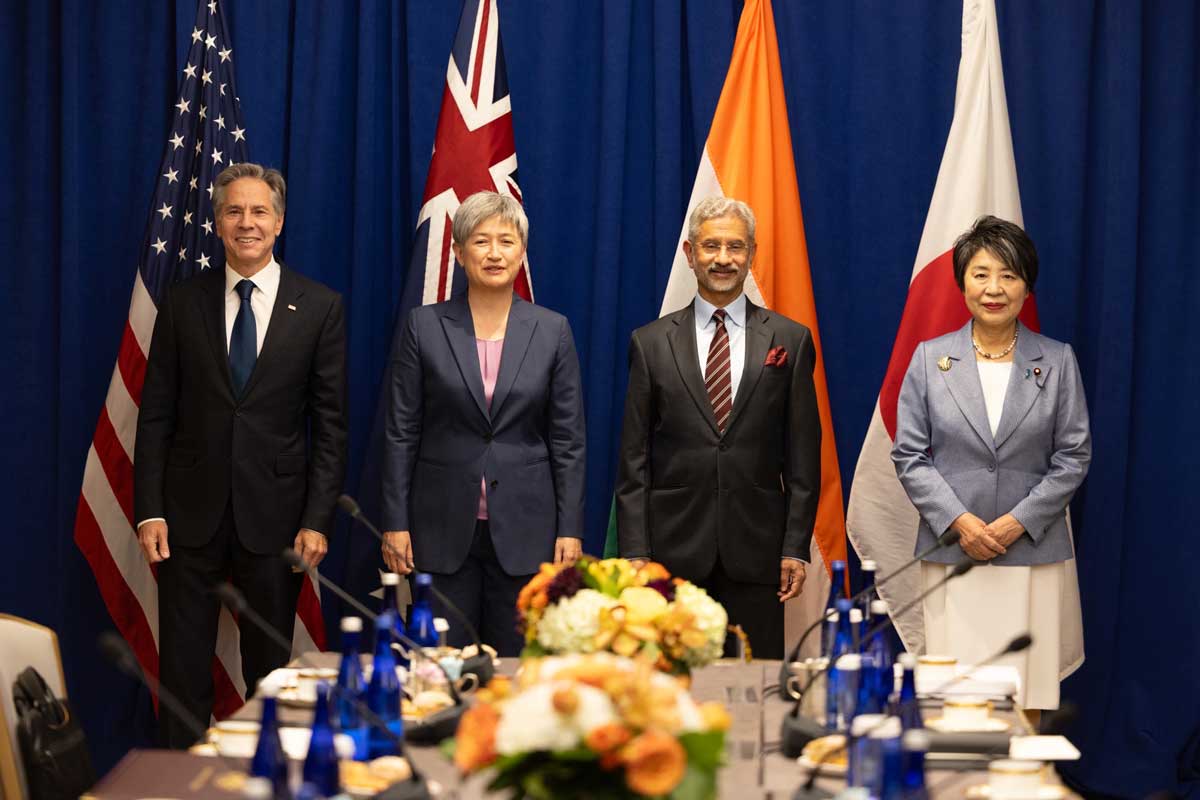Australian Prime Minister Anthony Albanese said on Monday that the next Quad summit bringing together leaders from Australia, the U.S., Japan, and India is expected to take place in the first quarter of 2026. The meeting was originally anticipated for 2025 under India’s hosting rotation.
Speaking at the ASEAN forum in Malaysia, Albanese emphasized the Quad’s importance in maintaining regional stability and cooperation across security, technology, and economic issues.
Why It Matters:
The Quad plays a key role in balancing China’s growing influence in the Indo-Pacific, promoting shared goals such as maritime security, resilient supply chains, and regional development.
A delayed summit highlights the competing diplomatic priorities for member nations especially as U.S. President Donald Trump faces a packed 2025 calendar with events like the APEC summit in South Korea.
Albanese also met China’s Premier Li Qiang on the sidelines of ASEAN, raising Australia’s concerns over a recent South China Sea encounter, where a Chinese fighter jet released flares dangerously close to an Australian patrol aircraft.
“I made it clear this was an incident of concern for Australia,” Albanese said, adding that despite tensions, dialogue with Beijing remains constructive.
Analysts say the exchange reflects Canberra’s delicate balancing act maintaining strong security ties with the U.S. and allies through the Quad, while preserving a stabilizing trade relationship with China.
What’s Next:
Quad members are expected to finalize details of the 2026 summit’s venue and agenda early next year. Discussions will likely focus on regional defence coordination, AI and technology partnerships, and Indo-Pacific maritime security.
Albanese said Australia remains committed to “dialogue over division,” signaling that Canberra will continue engaging both allies and Beijing as the region navigates growing strategic competition.
With information from Reuters.


